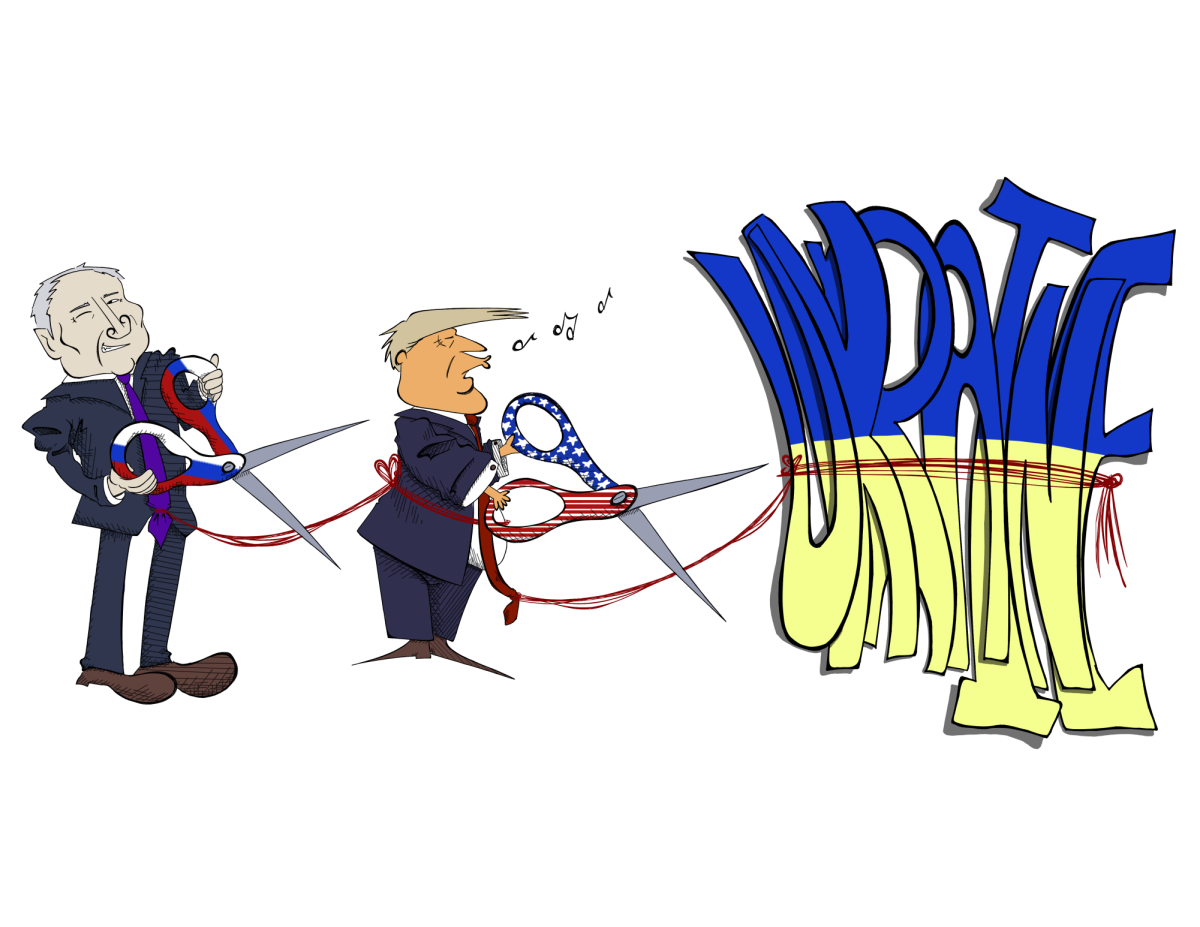Speciesism is a term that was coined by 1970’s animal rights movements and popularized by the Australian utilitarian philosopher Peter Singer in his book “Animal Liberation.”
In the context of ethical philosophy, speciesism refers to the practice of one giving a moral preference to the interests of one species over other species, while believing that the practice is justified. These beliefs are analogous to racism or sexism, which embody the same prejudice on the grounds of race or sex.
Singer argues that because animals have the capacity to experience pain they must also have an interest in avoiding it; and that among species the interest in avoiding pain is of equal moral weight. He uses this premise to condemn carnivorism and animal experimentation and to advocate vegan and vegetarian lifestyles.
One might extend the idea of speciesism beyond Singer’s utilitarian arguments. Take, for example, from the philosophy of John Locke, the argument that no one “ought to harm another in his life, health, liberty, or possessions,” because these things are guaranteed to anyone born into the “State of Nature” and thus subject the sovereignty of the environment over living things.
Locke was talking about people; but aren’t animals also born in nature with life, health, liberty, and, while not possessions, a particular habitat which serves as the materials of their home?
When any of those rights are deprived of animals the consequences are not abstract matters of argument, but real and observable. Yet the growth of human civilization — the expansion of cities and towns, the consumption of nonrenewable resources — continues to encroach upon the habitats and the rights of other species, consequentially pushing them to endangerment and eventually extinction.
Overfishing in ocean ecosystems has placed the Bluefin tuna and other fish species on the endangered species list. Melting of the polar ice caps has placed the polar bear on the endangered species list. And logging in Sumatran rain forests has placed species of rhino, elephant and tiger on the critically endangered species list.
As tragic as the extinction of a species is, it is only a symptom of a larger problem.
Life on earth is maintained by a number of interrelated cycles and systems, of which each species is a part. The complexity of these systems is what has allowed and continues to allow them to adapt to changes but with each species that becomes extinct, the balance of the global system becomes more fragile. Worse, as population size decreases so too does genetic diversity, resulting in an increased sensitivity to disease and impeding the evolutionary process.
In causing this to happen, we unpardonably put our own state of unprecedented affluence before the most basic needs and rights of morally equivalent beings — not just animals, but underrepresented peoples too.
Though many deny it, we threaten our own survival. In doing so, we violate not just common sense, but also the fundamental principle of our civilization: the natural rights upon which society is supposed to improve.
While there is no single convenient solution to the problems of environmental degradation and animal rights abuse, there is a way to make progress on both fronts that also contributes to living in a rational and ethically consistent way — eat less meat. Better yet, eat no meat; go vegan. It really isn’t that difficult of a lifestyle change and can often be healthier, cheaper and more sustainable.








